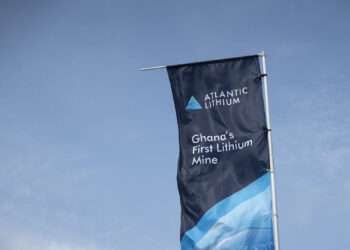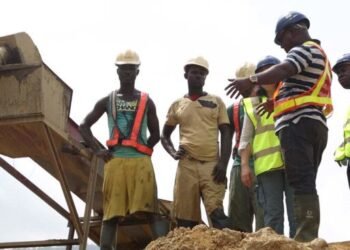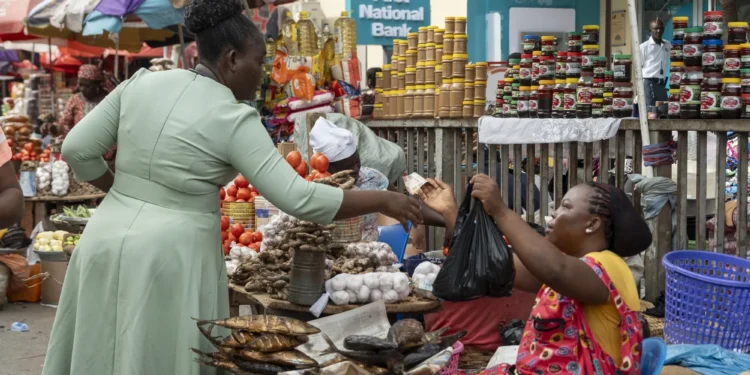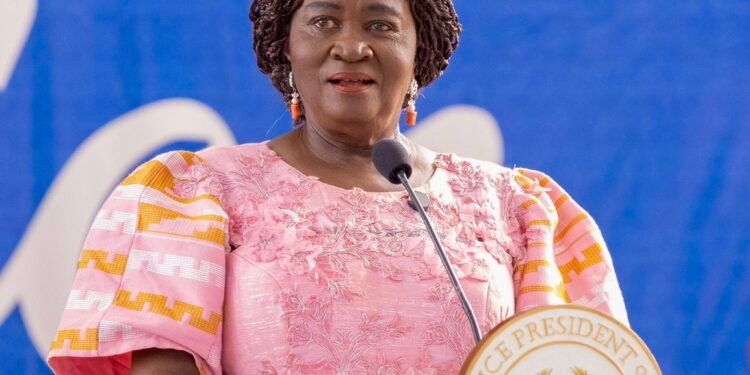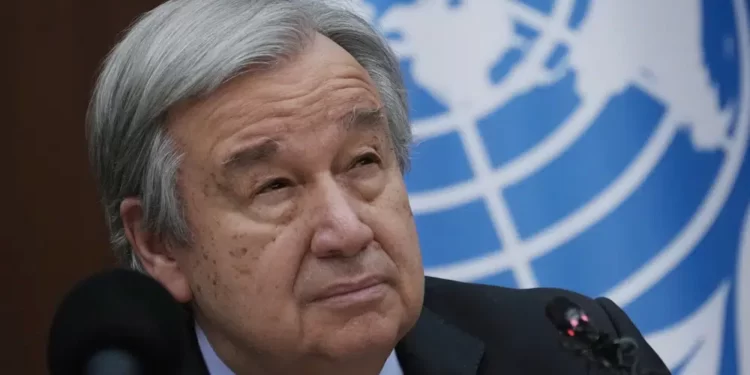Ghana’s upstream petroleum sector is regaining traction after years of decline, thanks to renewed investor confidence and strategic policy reforms by the government.
This was disclosed by the Minister for Energy and Green Transition, Hon. John Abdulai Jinapor, at the Government Accountability Series in Accra. In a detailed address on government interventions in the petroleum sector, the Minister highlighted a surge in exploration and appraisal activity, underscoring Ghana’s revitalised attractiveness to both domestic and international investors.
“We are seeing renewed interest in Ghana’s sedimentary basins, and this is no accident.
“It’s the result of deliberate policy choices designed to create a stable and predictable regulatory environment.”
Hon. John Abdulai Jinapor, Minister for Energy and Green Transition
The Minister revealed that Ghana is actively engaging several global oil giants, including Shell, ENI, ExxonMobil, and Chevron with positive signals emerging from ongoing discussions.
He described these engagements as critical to advancing Ghana’s upstream goals and expanding exploration beyond current production zones.
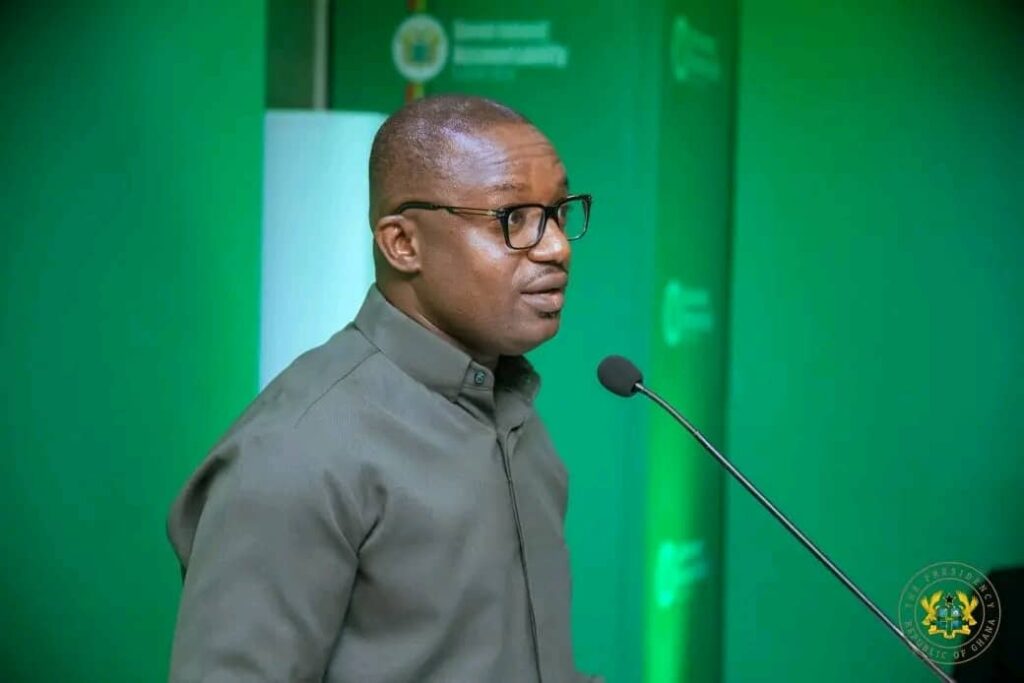
GNPC, the national oil company, is also scaling up its exploratory activities, especially in the underexplored Voltaian Basin. These efforts align with Ghana’s broader strategy to diversify its hydrocarbon base and reduce dependence on mature fields
Hon. Jinapor announced a major breakthrough: the successful appraisal of the Afina discovery in the West Cape Three Points Block 2 and the Eban-Akoma discoveries.
The findings have been officially declared commercial, paving the way for field development and production.
“These discoveries are a game changer. They will halt the decline in crude output we’ve seen in recent years and set the stage for a rebound in production and revenue.”
Hon. John Abdulai Jinapor, Minister for Energy and Green Transition
Eban-Akoma, in particular, is earmarked for fast-track development and will be tied into existing OCTP infrastructure—originally commissioned under the first Mahama administration.
The integration of new fields into current infrastructure is expected to reduce development costs and shorten the timeline to first oil.
$2 Billion Investment from Jubilee Partners
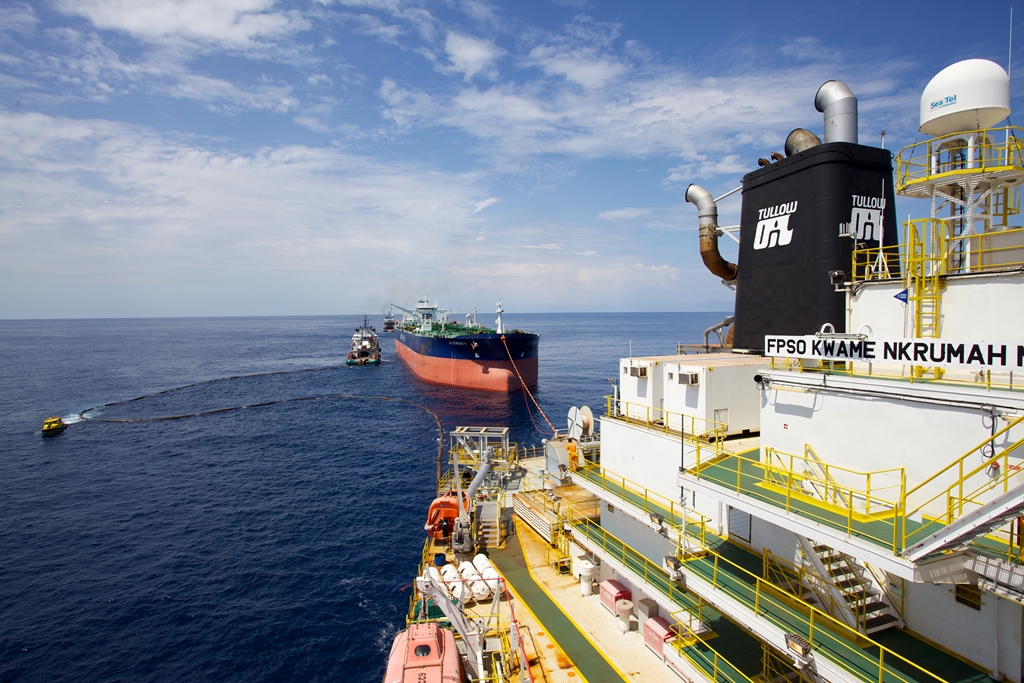
In a further sign of confidence, the Minister disclosed that the government has signed a Memorandum of Understanding with Jubilee field partners.
The agreement outlines plans for a $2 billion injection into upstream activities, with a focus on expanding output and reducing gas processing costs.
“This partnership is not only about increasing investment. It’s about making energy more affordable and reliable for Ghanaians.”
Hon. John Abdulai Jinapor, Minister for Energy and Green Transition
The Minister also revealed that Ghana’s gas supply has seen measurable improvements in the last six months. The country has increased gas imports from NGas from 80 to 100 million standard cubic feet per day (MMscfd).
Meanwhile, ENI’s supply has risen from 245 to 270 MMscfd, and Jubilee’s gas production is set to increase by 30 MMscfd.
“This three-pronged increase in gas supply has helped stabilise power generation and reduced our reliance on costly liquid fuels.”
Hon. John Abdulai Jinapor, Minister for Energy and Green Transition
The government sees these developments as crucial for sustaining electricity access and lowering generation costs. These gains are particularly timely as the country navigates a challenging energy transition.
Reforms Underway to Remain Competitive
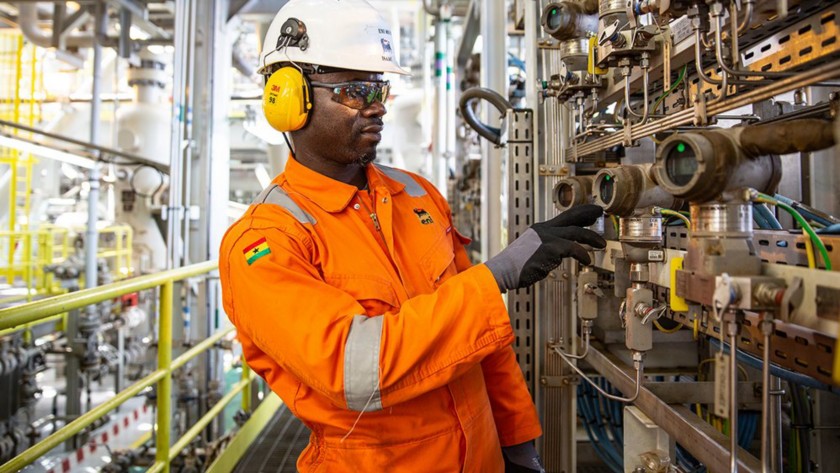
To consolidate progress, the Energy Ministry is undertaking a review of Ghana’s upstream fiscal regime.
A technical committee has been established to evaluate the competitiveness of Ghana’s oil and gas taxation framework, especially in comparison to neighbours like Côte d’Ivoire.
“Ghana must be proactive. If we don’t reform, we risk falling behind.”
Hon. John Abdulai Jinapor, Minister for Energy and Green Transition
He also noted that the Petroleum Commission has initiated cost-cutting measures and regulatory streamlining to attract new investment while safeguarding national interest.
The Energy Minister reaffirmed the government’s commitment to promoting Ghanaian participation in the sector.
“Ghanaians will not be bystanders in their own oil industry.
“Local content remains a cornerstone of our upstream strategy, and we are placing indigenous professionals and businesses at the forefront of the sector’s growth.”
Hon. John Abdulai Jinapor, Minister for Energy and Green Transition
As global oil markets recalibrate and new players compete for capital, Ghana’s petroleum sector appears to be charting a recovery path.
The Minister’s update signals a shift from reactive management to a strategic, investment-driven approach aimed at long-term energy security, industrial growth, and economic resilience.
READ ALSO: Ghana Fire Service Records Major Progress Amid Resource Constraints






